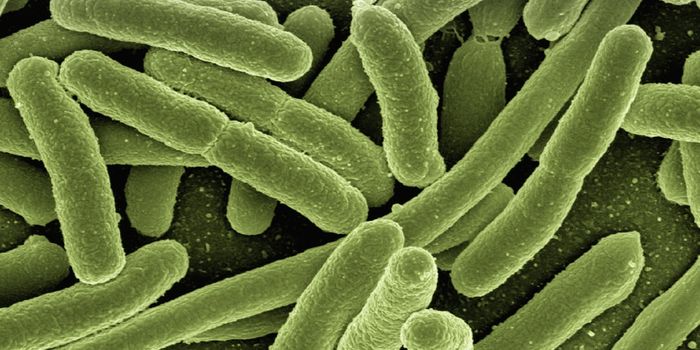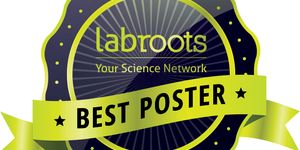Experimental Gene Therapy Restores Night Vision in Blind Patients

The patients had Leber Congenital Amaurosis (LCA), a rare eye disorder that primarily affects the retina. Around 1 in 40,000 newborns are affected by the condition. Symptoms typically begin from birth to 23 months, and include severe visual impairment, eye discomfort in bright light, and involuntary movement of the eyes.
Multiple gene variants are thought to cause the disease, however, mutations in GUCY2D- a gene that encodes a protein needed in retinal photoreceptor cells to convert light into neural signals- cause up to 20% of cases.
Previous imaging studies have found that patients with this form of LCA often have relatively preserved photoreceptor cells- especially in areas with a high density of rod cells, needed for vision in low-light settings. The researchers thus hypothesized that these rod cells could enable vision again, if functional GUCY2D genes were present.
In the current study, researchers tested their theory on a 19-year-old man and a 32-year-old woman. Both patients had some, although greatly impaired, visual function in daylight. However, at night, they were effectively blind and had a light sensitivity 10,000 to 100,000 times less than normal.
The researchers administered adeno-associate virus (AAV) gene therapy to both patients. The therapy worked by carrying a healthy version of the GUCY2D gene to the retina of one eye for each patient. Within eight days, the researchers noted that night vision in the patients’ treated eyes improved 1000-fold. Several night vision tests demonstrated that the patients’ night vision neared that of those with healthy rod vision.
The researchers concluded that GUCY2D gene therapy can restore rod-based photoreceptor functionality and that patients with LCA from a defective GUCY2D variant may benefit most from the therapy. They also noted that their findings highlight the fact that the vision apparatus in some with severe vision loss may be largely intact, and that the addition of a missing protein may be sufficient to kickstart vision immediately.
The AAV therapy trial is ongoing, and registered at clinicaltrials.gov as trial NCT03920007.
Sources: iScience, Penn Medicine News








